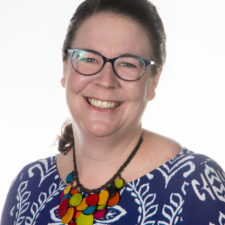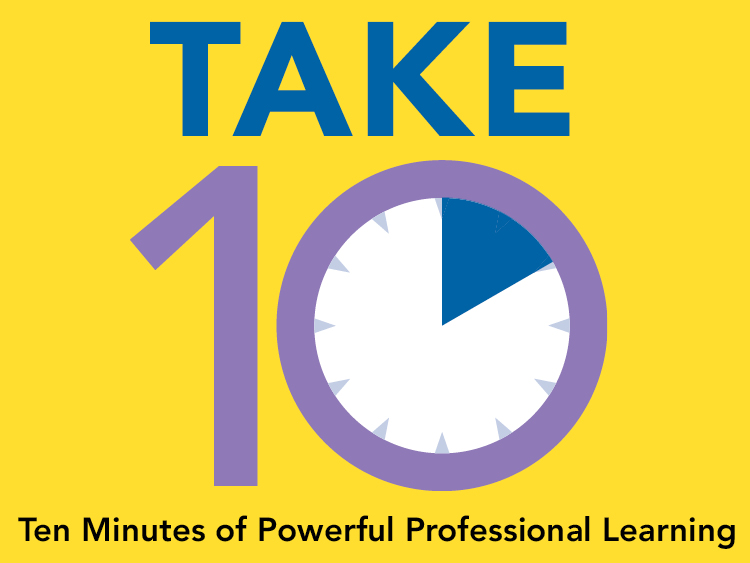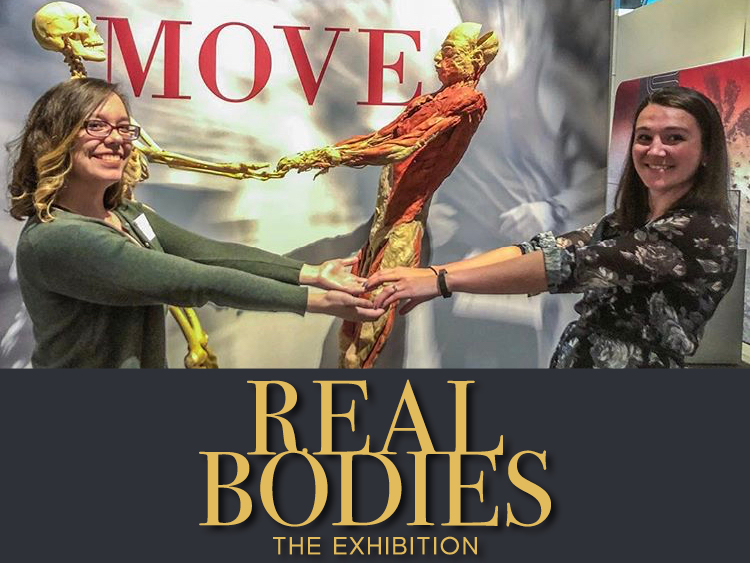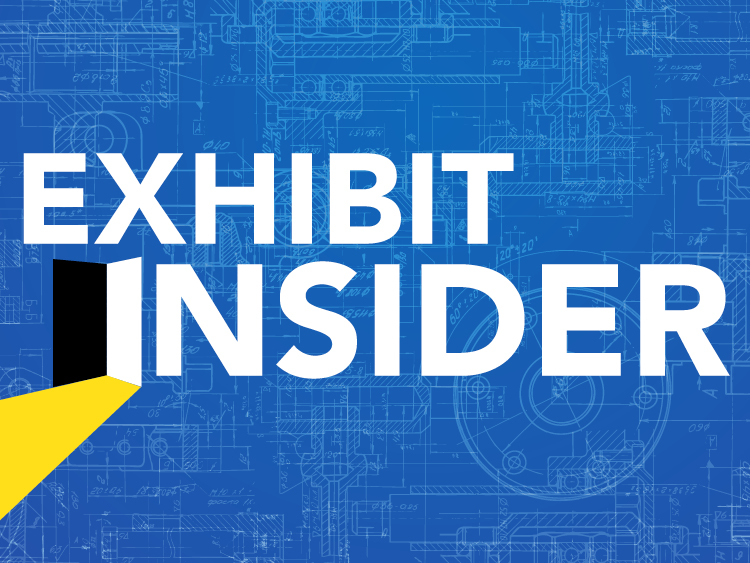Adopting a new science curriculum is a huge undertaking. As professional learning specialists, we have spent the time since Connecticut adopted the Next Generation Science Standards supporting teachers and districts in making shifts to support the pedagogy underlying these standards. This also means shifting to a curriculum that aligns with the new standards. During this process, we became familiar with the NextGenScience Design Badge for high-quality units which are reviewed by EQUIP who verify and provide evidence for alignment with the standards. Through the NGSS Design Badge, we learned about OpenSciEd instructional materials, a free open-source, research-based curriculum. It became clear from reading through their first available units that this was a curriculum that we needed to familiarize ourselves with to better support districts across Connecticut.
According to their website “The goals of OpenSciEd are to ensure any science teacher, anywhere, can access and download freely available, high quality, locally adaptable full-course materials.” (https://www.openscied.org/about/) Their goals focus heavily on promoting equity in science education and ensuring that the practices and cultural perceptions of science education are adapted to our world today (or more specifically our students’ world), things that are crucial to our educational landscape. Their curriculum design utilizes a storyline approach that is based on phenomena, a shift that while very effective can feel very different to the teachers that are implementing it. One of the OpenSciEd Core Values is that “science teachers feel empowered when allowed to use their expertise and creativity in the implementation of the materials” but we were finding that teachers that we were supporting felt overwhelmed and intimidated by the curriculum materials that were provided, and not just because we were in the midst of a global pandemic. So we asked ourselves, how do we best support schools and teachers that are looking to adopt this type of curriculum?
To start to answer this question I attended a multi-week training on the Professional Learning associated with the curriculum and became much more familiar with the storyline approach to teaching, the routines that make up the teaching and learning process, and key strategies to support student-led learning. I could see from applying my own learning experience growing up that shifting from being a lecture style, sit and get teacher to a true facilitator of learning in the classroom was going to be a big change for many teachers. On top of that, the wealth of materials that the curriculum provides to support those shifts was quite frankly overwhelming. After reflecting I realized a few things. First, this was a curriculum that was going to take time to learn, implement, and adapt, and by time, I mean years. Second, throughout that multi-year process schools and teachers would need support. I wanted to be a part of that process and so I became a Certified Professional Learning Facilitator and worked to help the Connecticut Science Center become a Certified Provider.
We just wrapped up our first ever OpenSciEd Curriculum launch and I can say that it was a resounding success. Teachers left more prepared to implement this high-quality curriculum and during our 4 days together we created a professional learning community that will continue to engage one another in the years to come. We are so thankful for the opportunity to support teachers in facilitating equitable science instruction for their students through this curriculum and we look forward to continuing this work with more districts in the future.
At the time this post is being written OpenSciEd have fully published a version of all of their Middle School Units, are in the review process for their High School Units, and just completed the Design Specifications for their Elementary School Units.
If you or your district are interested in Professional Learning Services, contact Bridget Leahy at MandellAcademy@CTScienceCenter.org.
 Becky Fahey is a Professional Development Specialist at the Connecticut Science Center’s Mandell Academy for Teachers. Previously, she has worked as a PreK-3 educator in various public school districts in Eastern Connecticut where she designed and implemented inquiry-based lessons in the classroom. Becky brings with her expertise in collaboration and inquiry based teaching and will apply these skills to help educators to deepen their understanding of NGSS and apply best practices to support their learners in the classroom.
Becky Fahey is a Professional Development Specialist at the Connecticut Science Center’s Mandell Academy for Teachers. Previously, she has worked as a PreK-3 educator in various public school districts in Eastern Connecticut where she designed and implemented inquiry-based lessons in the classroom. Becky brings with her expertise in collaboration and inquiry based teaching and will apply these skills to help educators to deepen their understanding of NGSS and apply best practices to support their learners in the classroom.



